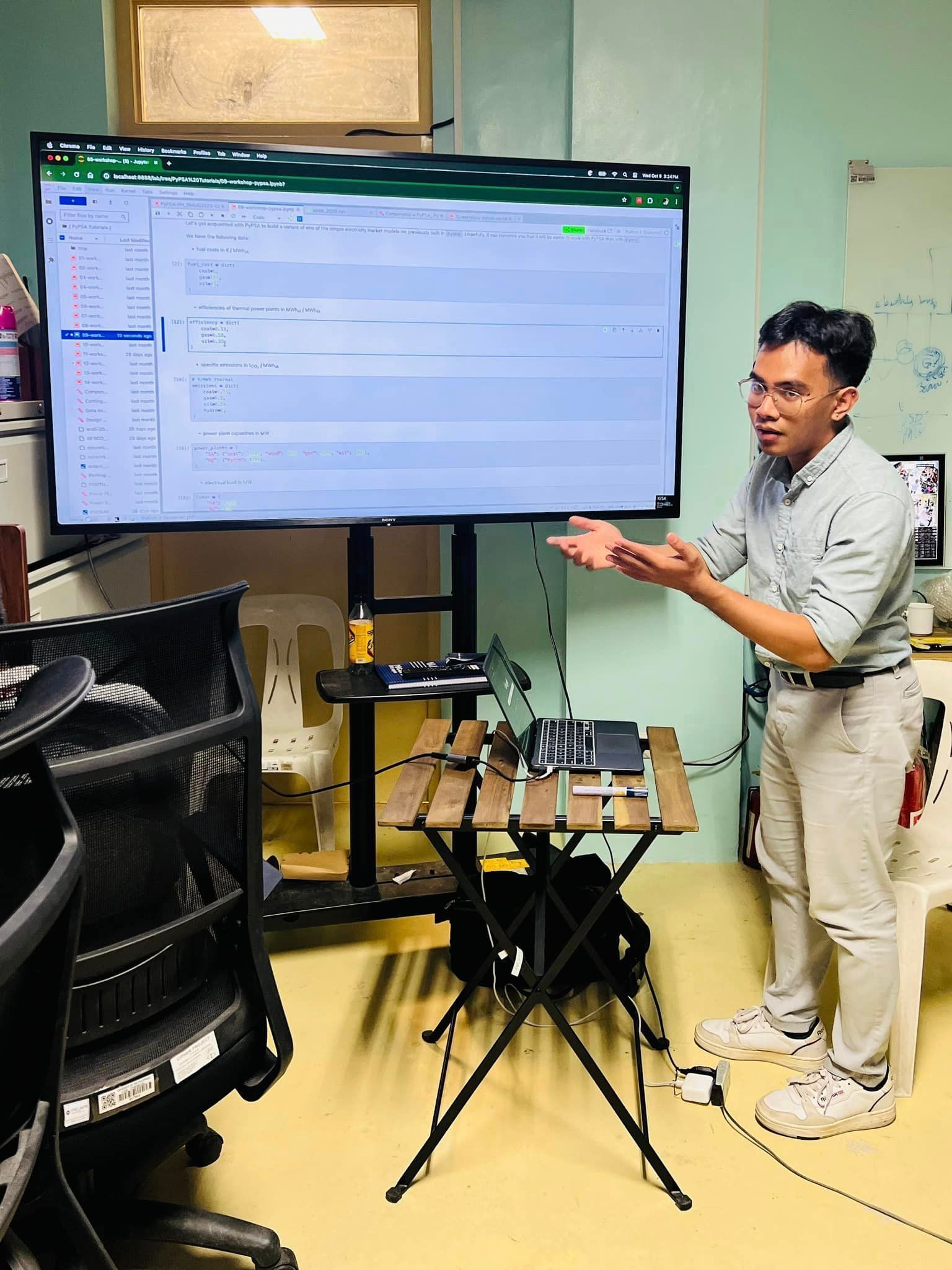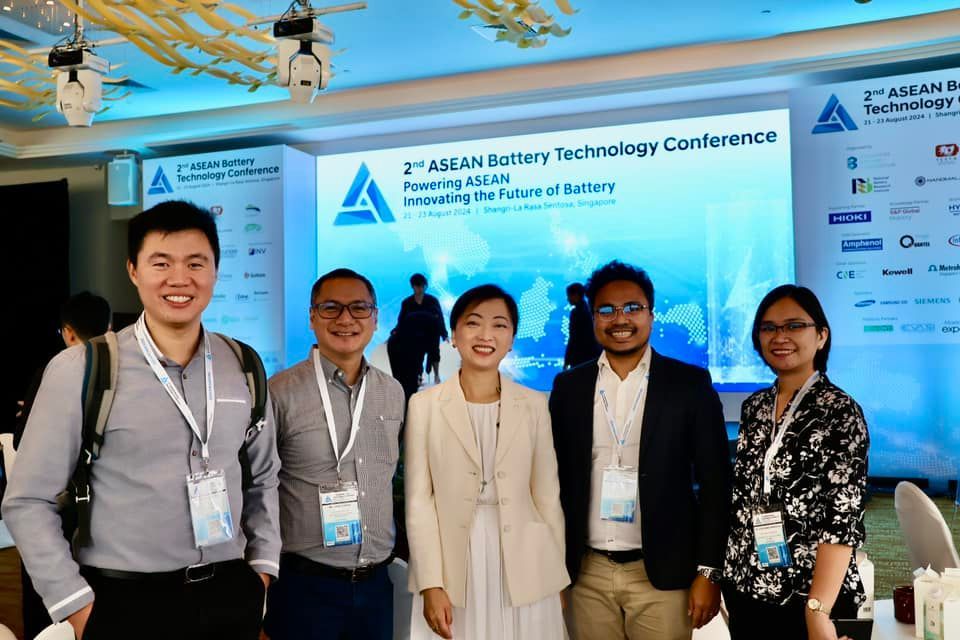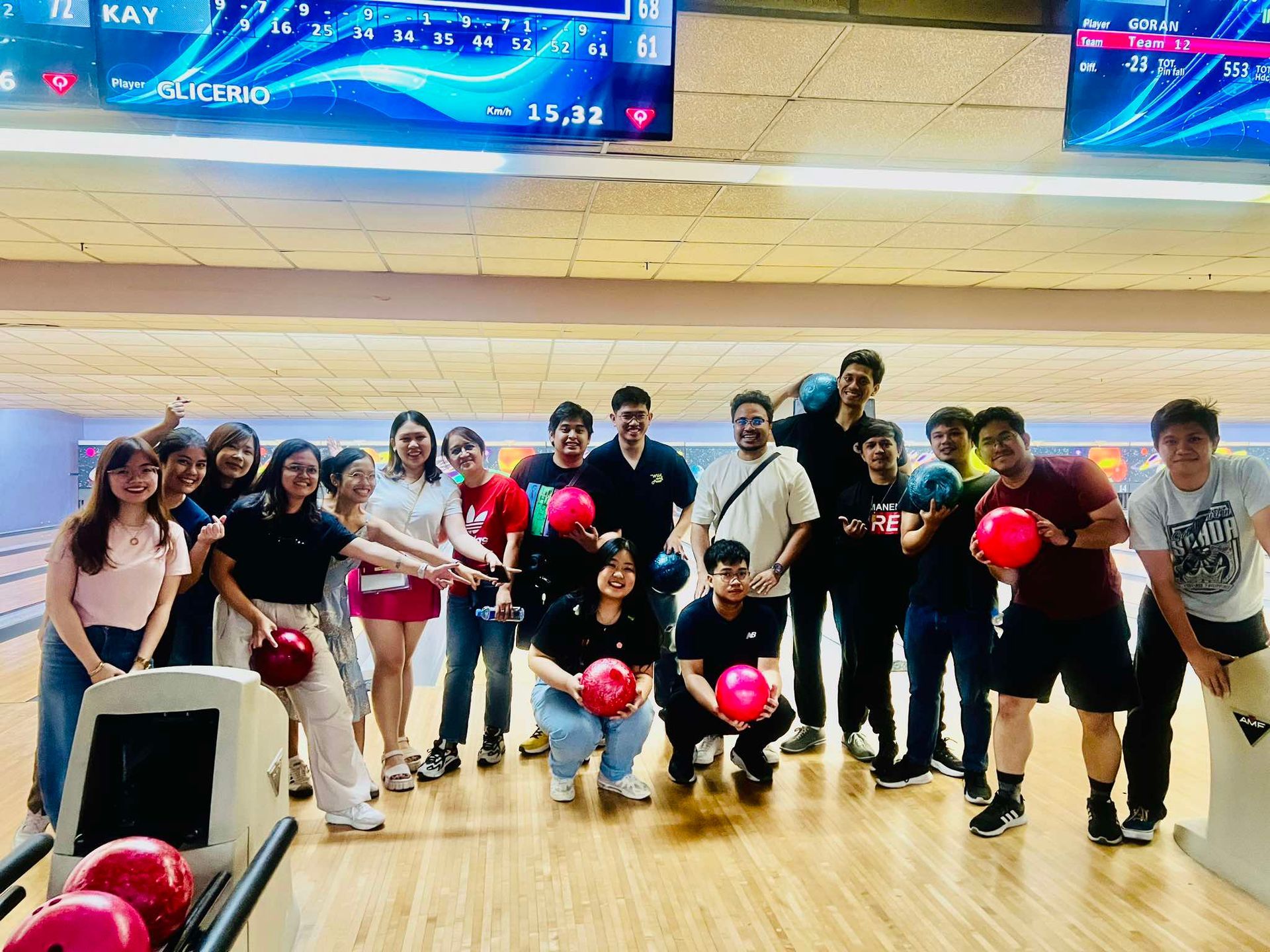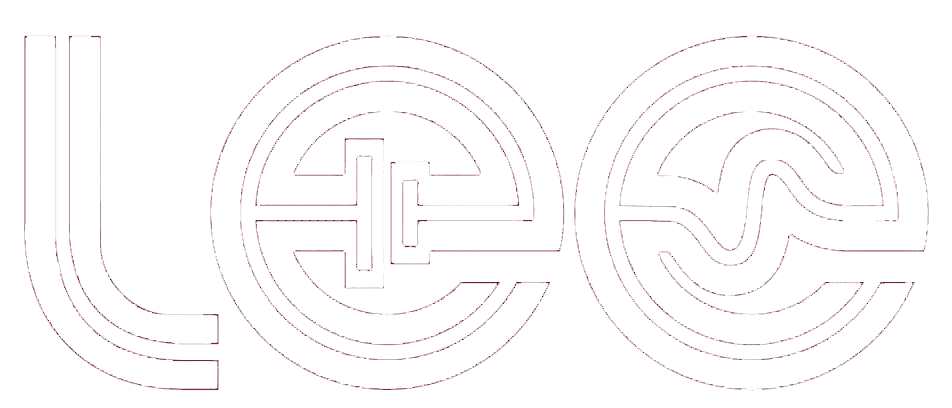CET to imPRES: LEE published four new papers in the Chemical Engineering Transactions journal
Mecaelah Palaganas • January 16, 2024
The
Laboratory of Electrochemical Engineering (LEE)
published
four research articles
in the
103rd volume of Chemical Engineering Transactions (CET)
last
October 15, 2023. This is in part of the LEE’s online participation in this year’s Conference on
Process Integration, Modelling and Optimisation for Energy Saving and Pollution Reduction (PRES 2023).
The published papers tackled engineering problems on energy storage in the Philippines. For instance, the paper entitled “Levelized Cost of Green Hydrogen Production in the Philippines”
first-authored by Research Fellow Engr. Honesto Ovid Tubalinal, MSc, evaluated the economic feasibility of Philippine green hydrogen production via electrolysis when coupled with solar and wind renewable resources. Additionally, “Generation and Network Planning of Utility-Scale Grid-Connected Microgrids”
proposed that distribution networks are to be designed to act as microgrids for a more resilient energy distribution, while allowing for the addition of renewable energy capacities. Members from LEE contributed to this paper, including Engr. Xaviery Penisa, MSc. and Prof. Joey Ocon, PhD.
This journal also featured the undergraduate research thesis projects in LEE. The undergraduate group of Engr. John Kristian Anjelo Balinsat, Engr. Jaan Patrick Barreras, and Engr. Lisagene Andrea Gallemit lead the paper “Multiphysics Model Incorporating Shuttling-Induced Capacity Loss and Cost Analysis of Lithium-Sulfur Batteries”, where multiphysics models in COMSOL were used to represent the battery capacity losses caused by non-ideal processes such as polysulfide shuffling. In addition, Ms. Sophia Lunor presented her undergraduate thesis entitled “Machine Learning Approach for Pump Price Prediction for the Philippines Post COVID-19 Pandemic and Amidst Russia-Ukraine Conflict”, which shows that certain factors specific during both international conflicts (e.g. newly reported COVID-19 cases and exchange rates) are correlated with fuel prices in Metro Manila. Ms. Lunor was also an online presenter in PRES 2023.
The laboratory has been an active participant in the PRES Conference and an active contributor in CET since 2019. This event is another indicator of LEE’s commitment to facilitating the joint goals of chemical engineering and energy engineering.
To learn more about the aforementioned papers, please refer to the following links:
Levelized Cost of Green Hydrogen Production in the Philippines: https://doi.org/10.3303/CET23103044
Generation and Network Planning of Utility-Scale Grid-Connected Microgrids: https://doi.org/10.3303/CET23103147
Multiphysics Model Incorporating Shuttling-Induced Capacity Loss and Cost Analysis of Lithium-Sulfur Batteries: https://doi.org/10.3303/CET23103034
Machine Learning Approach for Pump Price Prediction for the Philippines Post COVID-19 Pandemic and Amidst Russia-Ukraine Conflict: https://doi.org/10.3303/CET23103045

LEE research staff and graduate students participated in an in-house training and workshop on the Python for Power Systems Analysis (PyPSA) toolbox on October 9 and 23, 2024 . The sessions were led by Arizeo Salac (SRS 1, ElectriPHI), who returned from a six-month research sandwich program at the Reiner Lemoine Institute in Berlin, Germany , where he focused on data-driven decision-making and energy systems modeling. The training included a detailed discussion on energy systems modeling, with key topics such as data sources and the representation of energy systems using both conventional and renewable technologies. Participants received hands-on assistance with the software setup and installation, followed by simulation activities that showcased PyPSA’s capabilities in energy and power systems analysis. Mr. Salac also presented his baseline model of the Philippine energy system, which can be utilized for energy transition scenario planning. The event aimed to enhance participants' proficiency with open-source modeling tools, share best practices in modeling, and support their research in energy systems. Article by: Sophia Lunor

Prof. Joey D. Ocon, Dr. Julie Anne D.R. Paraggua, Dr. Lawrence Limjuco, and Giancarlo Sanglay were among the Filipino delegates at the 2nd ASEAN Battery Technology Conference , held from August 21 to 23, 2024 , at the Shangri-La Rasa Sentosa in Singapore. Themed "Powering ASEAN: Innovating the Future of Battery," the event was co-organized by key ASEAN associations from Singapore, Thailand, Indonesia, Malaysia, and the Philippines. They were accompanied by LEE member and graduate student, Giancarlo Sanglay and NextGen Project Chief Technical Specialist, Dr. Lawrence Limjuco, of the Advanced Batteries Center. The conference aimed to foster connections among researchers, engineers, and industry stakeholders within the battery and electric vehicle (EV) sectors. It provided a platform for knowledge exchange, technical discussions, and potential collaborations. Key topics included the development of the Battery and EV Roadmap for Southeast Asia, as well as government policies and regulations surrounding battery and energy storage systems (ESS) applications. Industry leaders and academic experts also addressed technological advancements in battery materials, financial support for innovations, and strategies for managing the end-of-life value chain of batteries. Prof. Ocon, who also serves as Co-Founder of Nascent Batteries, played an active role in the event by moderating a panel discussion on advancing ESS technologies in Asia. The panel featured representatives from prominent organizations, including EDP Renewables APAC, Green Tenaga Pte Ltd, and the Electricity Generating Authority of Thailand. This collaborative event underscored the region's commitment to advancing sustainable energy solutions and highlighted the critical role of ASEAN countries in driving innovation within the battery and EV industries. Article by: Lora Monique Sapanta

The Laboratory of Electrochemical Engineering (LEE) held a despedida party to bid farewell to two of its active members — Ms. Rosela Lazaro and Asst. Prof. Michael Castro — as they embark on a new chapter of their academic journey. The LEE members, along with their laboratory head, Prof. Joey D. Ocon, celebrated through a friendly competition at the Ever Gotesco Bowling Alley, Commonwealth Avenue last August 19, 2024. This also fostered camaraderie and strengthened the bond and friendship between the lab members. Ms. Lazaro will be studying MS in Environmental Science and Engineering at Gwangju Institute of Science and Technology, South Korea. Meanwhile, Asst. Prof. Castro will be pursuing a doctorate degree in Nuclear Engineering and Management at the University of Tokyo, Japan. He will be returning to UP Diliman to tend to his duties at the Department of Chemical Engineering. Indeed, ‘goodbyes’ are not the end. It marks a beginning of a new ‘hello’, a step closer to making dreams come true. To Sir Michael, ganbatte! To Sela, hwaiting! We are all rooting for you both! Article by: Lora Monique Sapanta


